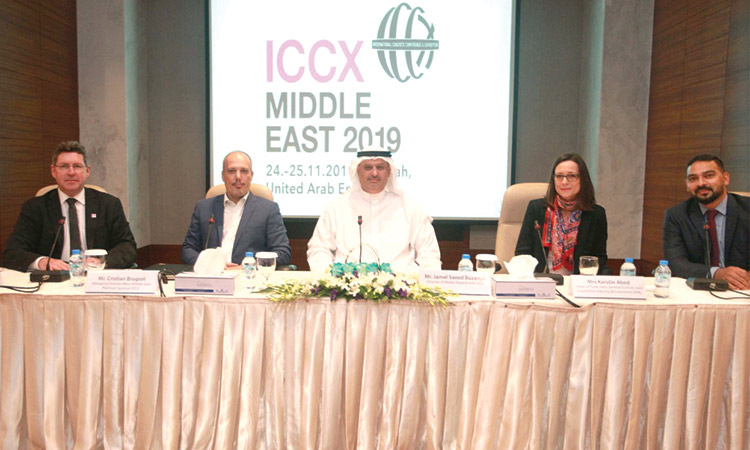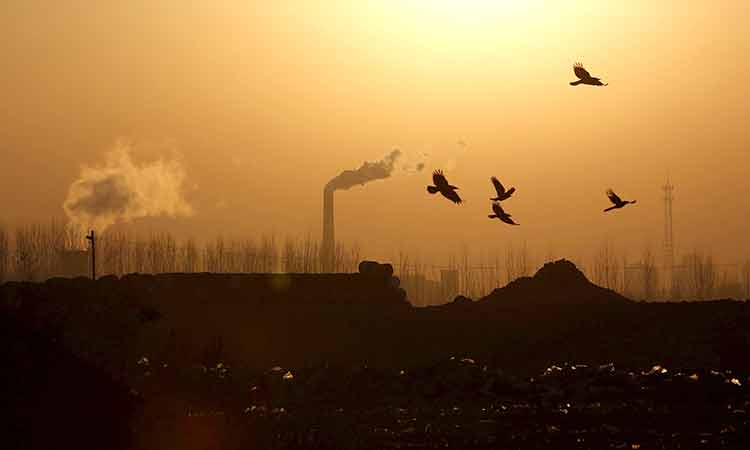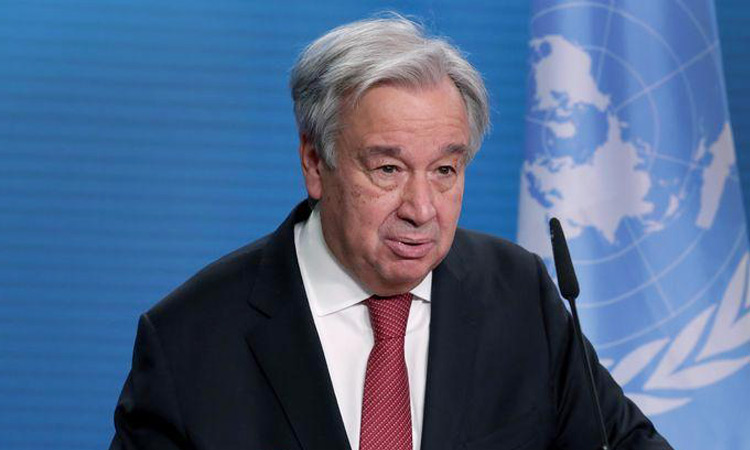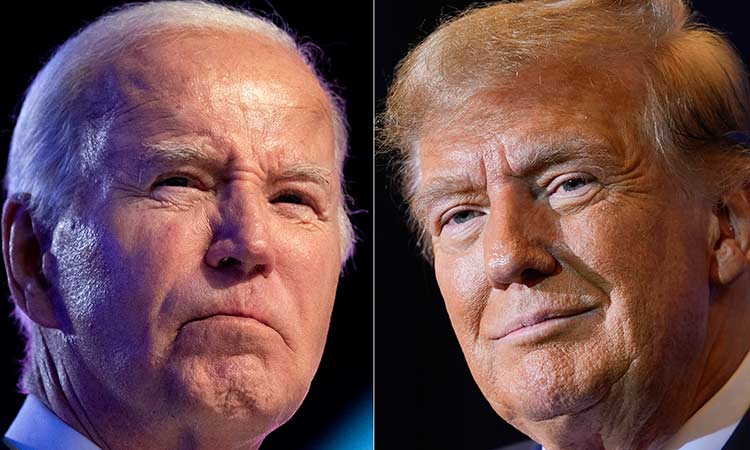UAE plans to guide COP28 towards consensus

Photo has been used for illustrative purposes.
Dr. Jaber said, “These high-level dialogues are bringing public and private-sector energy decision-makers together under the framework of a COP for the first time.” He described the COP28 as a “milestone opportunity” and the need to evolve a consensus to achieve the goals set out in the Paris Agreement – the climate summit held in the French capital in 2015 where a framework was evolved to keep rise in temperature at 1.5 degrees Celsius.
The UAE minister and the COP28 President-designate felt that success can be achieved only when all the stakeholders are brought together, and this includes the energy industry. Dr Jaber said that the meetings “will help redesign the relationship between policy-makers, the biggest energy producers, and the biggest industrial consumers. This is one of my Presidency’s key priorities and will be a crucial step in building consensus on how best to deliver the energy system of the future.”
The aim to achieve the consensus is indeed the only forward, but there are many hurdles on the way. The differences and divisions among the governments came to the fore at the G20 ministerial, and it came in the way of issuing a joint statement because there was no agreement among the major players. The developed countries wanted the share of renewable energy sources to be trebled by 2030. This naturally involved phasing down unabated use of fossil fuels.
It is learnt that fossil fuel producers Saudi Arabia, Russia, China, South Africa and Indonesia objected to the stringent condition. On the other hand, developed countries were not agreeable to keep to their commitment of $100 billion per year between 2020 and 2025 to help developing countries in ‘climate action’.
These differences are likely to persist, but it would harm the cause of putting up a united front in dealing with the climate change challenge. It has been said that some of the countries have preferred ‘carbon capture’ in place of phasing down fossil fuels. And the developed countries cannot hope to help in dealing with the climate crisis if they refuse to share the financial responsibility of helping the developing countries to make the transition to green energy systems. That means, compromises are needed from all sides.
Then there is the issue of the war in Ukraine. G7 countries in G20 want a condemnation of the Russian invasion, and a majority of the G20 are not in favour of it because they think that it does not help in stopping the war and bringing the warring sides to the negotiating table.
The Ukraine issue has been casting a long shadow on all the G20 ministerial countries. It is to be hoped that these contentious issues will be kept out of COP28. The COP28 is a larger gathering than the G20, and the agenda of COP28 is exclusively focused on climate issues. It would perhaps be necessary to make it a point that the participating countries will keep political issues out of the conference.







